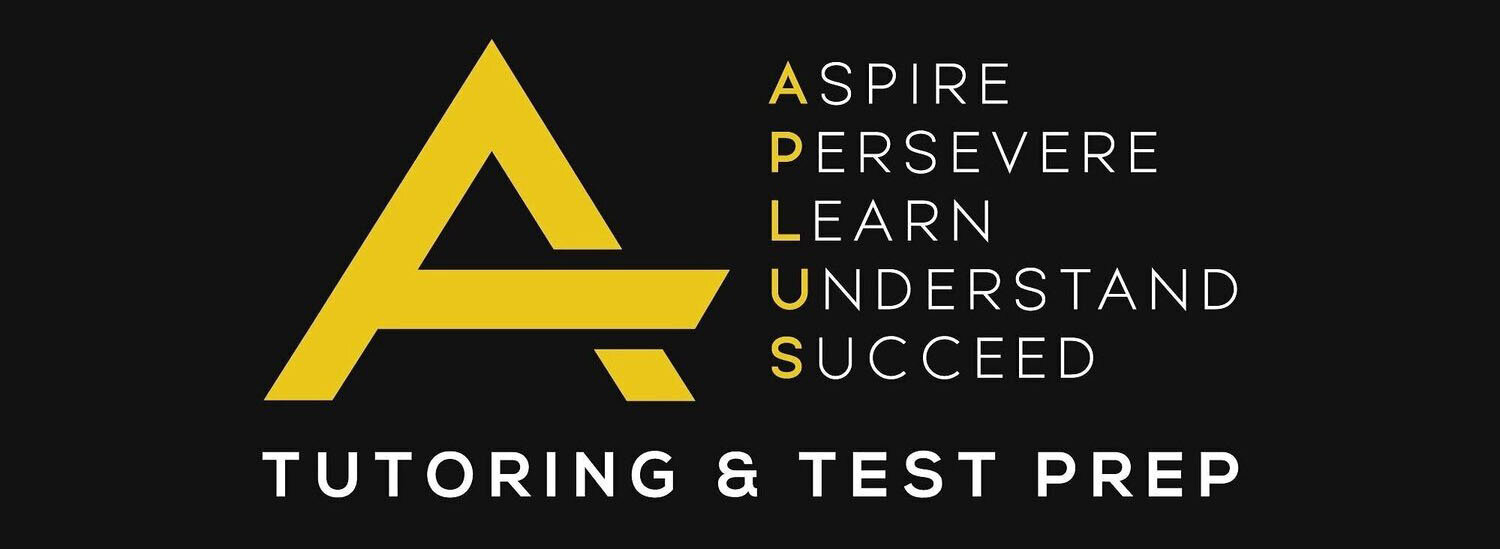6 Tips to Help Motivate a Student
We all know what motivation is, we can describe it and try to define it, but how do we make it operative? When we were young, motivation could be achieved primarily by rewarding. This kind of extrinsic motivation worked, but it can be short-lived. Getting an ice cream cone for cleaning your room worked well until the ice cream was eaten. After that, more rewards are needed to keep the interest to get things done. Earning scholarships are great achievements, but they are still extrinsic motivators that need to be replenished to make use of them in the best way.
There is another form of motivation that comes from our passions and desires within us. These are intrinsic motivations. When intrinsic motivations are present, we realize how good it feels to attain goals and get things accomplished. Intrinsic motivation can be long lasting and amazingly effective. This type of motivation can also be altruistic, as rewards can be received by others, and we can be satisfied with a good feeling. I sometimes call those feelings “warm fuzzies.”
What is it? What creates the spark in us? What drives us to discover what we can achieve when we set our minds and hearts to it? Obviously, it is different for everyone, but very often it is from the intervention of a caring and understanding advocate. Sometimes we need someone to inspire us, to help us see with a new perspective. It could be a parent, a coach, a teacher, a tutor, a counselor or just a friend.
On the other hand, words that can be perceived as threats can shut down motivation. Sometimes when we are feeling threatened, the source of the threat is seen as an adversary; walls are figuratively built up and communication shuts down.
Let me tell you a story about my time as a high school student. There was a short encounter with an AP coordinator; it changed my life, but not in a good way. I regret my decisions following our meeting. The meeting was to address my lack of motivation. I left the meeting feeling frustrated, alienated, and I wanted to hide from my motivation issues. I could have made better decisions, but, as a rebellious teenager, I took my life in another direction, and I must own up to my actions. I eventually turned things around and received my engineering degree, but it took about twenty years longer than I had originally anticipated.
All through my academic life I had a passion for math and science. I had a curiosity that drove me to learn everything I could about those subjects. I was highly motivated to understand the materials available to me. However, English was boring to me, and I never really wanted to do the work required to get a good grade. In high school, I was excited to be entered into advanced placement math and science courses. My AP coordinator threatened to take me out of my AP classes if my work in English class did not improve. I felt like he was my enemy; worse yet, he was an administrator at the school. I wanted to quit. I just shut down.
Now that I am older and wiser, I think back to that day, and how it could have been handled differently. If he had tried to get to know me and learned what passions and desires were inside me, would the outcome have been different? Could asking me some questions and listening to my answers help me make my own decisions about my goals and aspirations? He could have asked me what I wanted to make of myself. He could ask me about my career path. I would tell him I wanted to be a scientist, a physicist or a chemist. He might calmly ask me “what do scientists do?” After listening to my responses, he could remind me that the most important thing that scientists must do well. They draft reports to convey their theories, record findings, and express their conclusions. Without proficient writing skills, how well could that scientist succeed? What would I be thinking after that conversation?
So here are some tips to help motivate students who are on the learning path:
Understand that every student is different and has different motivators.
Ask questions and listen to responses.
Provide positive praise or commendation when deserved.
Be honest with the student.
Try to understand what the student enjoys doing.
Try to discern the students learning preferences and suggest ways to make their learning experience as comfortable as possible.
For more tips on study plans, check out this link:


